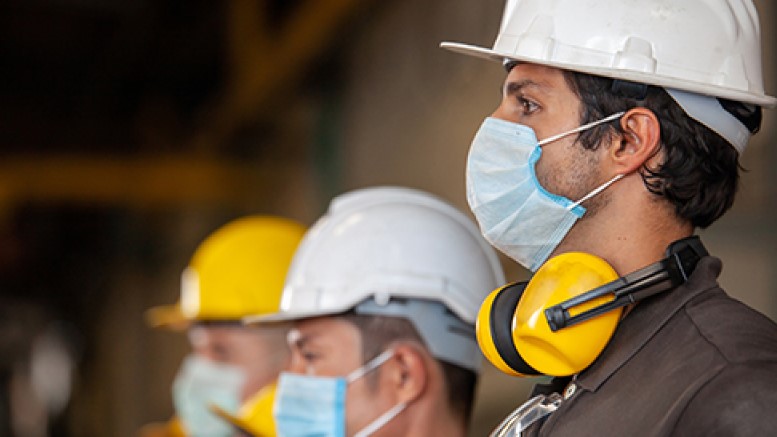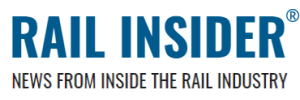
As calls increase on the government to relax its current lockdown that it has imposed due the Coronavirus (COVID-19) epidemic, so that businesses can get back to work and the economy can get moving again, the debate about the use of face masks continues. The government states that, with social distancing, masks are not needed in many cases. However, where people cannot maintain their distance due to the way they work, they may become compulsory in some instances.
As many companies are now faced with having to specify face masks for the first time, national personal protective equipment (PPE) distributor Arco, a leading supplier to the NHS, has compiled expert advice and guidance for its customers on the correct selection of facemasks and respirators, particularly in regard to Type II and Type IIR facemasks. This is to ensure that the appropriate levels of protective equipment are issued to those that need them most.
Arco’s experts suggest that, if full respiratory protection is not required and the objective is to prevent the possible transmission of COVID-19 in the workplace, then the most appropriate PPE would be a face mask. A respirator would be more suitable alternative where full respiratory protection is needed to protect a worker from a hazardous substance – including COVID-19.
It is important that respirators are not specified where Type II face masks could be used. The recommendation is that a full workplace risk assessment is carried out to determine the hazardous substances in the environment. This should include the risk of exposure to infection.

Type I or Type II?
Medical face masks are classified into two types, Type I and Type II, with Type II further divided according to a mask’s splash resistance pressure, which determines the mask’s resistance level to contaminated fluid splashes.
Type II face masks are suitable for most workplace situations, where masks are being issued with the objective of preventing the transmission of COVID-19 virus from one person to others.
Type IIR splash-resistant medical face masks are really only required in clinical settings, to protect the wearer against contaminants contained in splashes of blood or bodily fluids.

Neil Hewitt, quality director at Arco, said: “The current demand for all types of PPE, especially face masks, is unique and we are seeing a daily increase in enquiries for all types. We are managing our supply chain to ensure that protective equipment reaches those that need it most and are not diverted from health care and front-line responders.
“We are issuing some specific guidance on the use of face masks to enable customers to select the right product for their needs and to ensure the that the higher levels of protective equipment are issued only where necessary.
“We would add a warning about the influx of non-compliant products coming into the market that have not been tested and certified to meet the necessary standards and could potentially put people at risk. We recommend that customers work with companies, like Arco, that can provide assurance on product quality and conformity.”
Those issuing Type II masks for the first time will need to provide instruction to wearers of the correct way to put on, take off and dispose of the masks once used. Arco has compiled a step-by-step illustrative guide along with a list of FAQs for managers that are available on its website as free downloads.



Be the first to comment